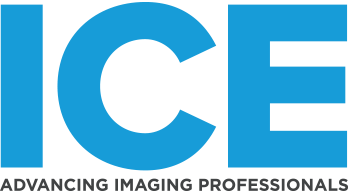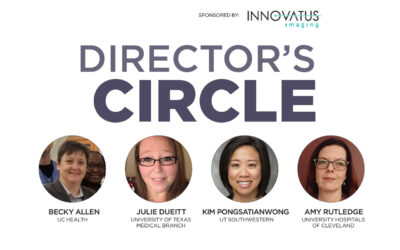By Manny Roman
 As I contemplated what topic to bore you with this month, I came across a ted.com talk about memory by Lisa Genova titled “How your memory works – and why forgetting is totally OK.” I watched, took some notes and resolved to write about it for this month. Then, I forgot about it.
As I contemplated what topic to bore you with this month, I came across a ted.com talk about memory by Lisa Genova titled “How your memory works – and why forgetting is totally OK.” I watched, took some notes and resolved to write about it for this month. Then, I forgot about it.
Apparently so did the editor of this fine publication. I received his email telling me that he realized that he did not have my column. This of course, reminded me that I had forgotten all about it myself. I thought that this was an interesting event: I forgot to write about forgetting.
Genova presents a beautiful description of why we forget and that it is fine to do that. It seems that our brains are not designed to remember things like names and things to do later since it does not catalog everything we encounter. Our brains forget most of today’s experiences by tomorrow. We forget where we put keys, phone, glasses, car, etc. because we do not give these things attention to cause a memory.
The brain cannot create a memory from all the competing sensory input without attention. We can only remember what we pay attention to long enough for the data to flow from short-term memory into long-term memory. It’s as if we need to provide a rehearsal buffer for the data so that it can be categorized, cataloged and stored with the proper tags. These memory tags make for easier retrieval.
I personally have lost my car twice, once in one of two parking structures and once on a different level of the same parking structure. It took me over an hour to realize that I was in the wrong structure. For the different level, I had friends also lost with me. We had a great time using the key fob to blow the car’s horn and trying to decipher where it was coming from. I now take a picture of where I park.
Who has not said, “The name is on the tip of my tongue but I can’t remember it.” We remember a loosely related word with a similar sound and it keeps popping up instead. Genova calls this word “the ugly sister of the target.” We become stuck in the wrong neural neighborhood and can’t get out. The process of trying to remember while we are in the incorrect location keeps us from accessing the information since it is stored elsewhere. We can provide the correct set of neurons a chance to activate by not continuing to concentrate on the “ugly sister.” Then, we suddenly remember the correct name.
Another memory loss issue is when we go into another room to get or do something and don’t know what that something is when we get there. This is a very common forgetting event and the culprit is the change in venue. When we are in the first room all the cues are present for whatever we need to do. We need the cellphone in the bedroom so we could charge it. It is in the kitchen on the counter. As soon as we walk into the kitchen, the cues are gone and we forget what we wanted. “Why did I come into the kitchen? Am I hungry, thirsty or what?” The solution is to walk back where you came from. Your memory will come back when the cues used during its generation are again available. It may help to walk backward when returning to the original room.
Genova makes it a point to reassure that the above type of forgetting is totally normal and we should not worry about it. She states that the use of a checklist is sound practice. Pilots follow a checklist even though they probably can remember to lower the wheels prior to landing. With today’s technology, we should not feel guilty that we use it as memory support. Go ahead and Google that name. Use your calendar app to keep track of tasks and timing. Set the reminders on your mobile phone. It is good practice to outsource the job of remembering these common things and let your brain relax. You can then eliminate the stress of having forgotten and use your brain for a higher purpose.
I will use my calendar to remind me when the next column is due. Then, knowing that task is in good hands, I will use my brain for a higher purpose. Maybe I will spend some quality time with ted.com. Maybe I will gravitate to a poker game. Maybe I will practice Niksen, the Dutch concept of doing nothing, to be idle or doing something without any use. I am really good at Niksen. •
Manny Roman, CRES, is the AMSP Business Operation Manager.







